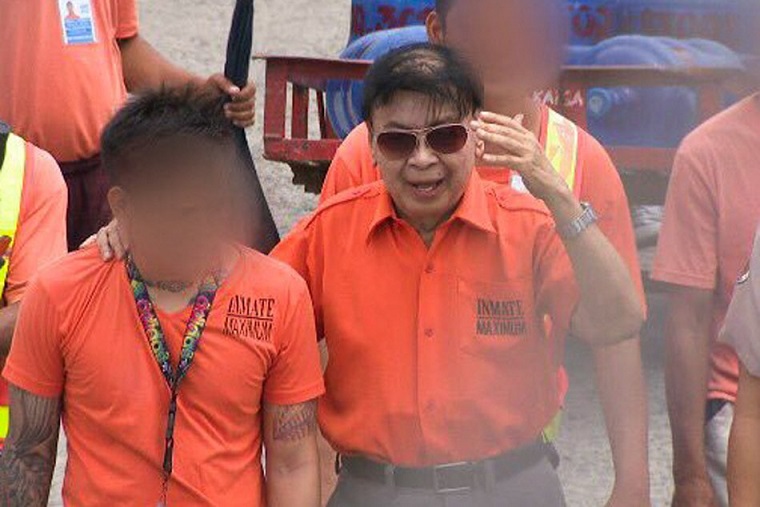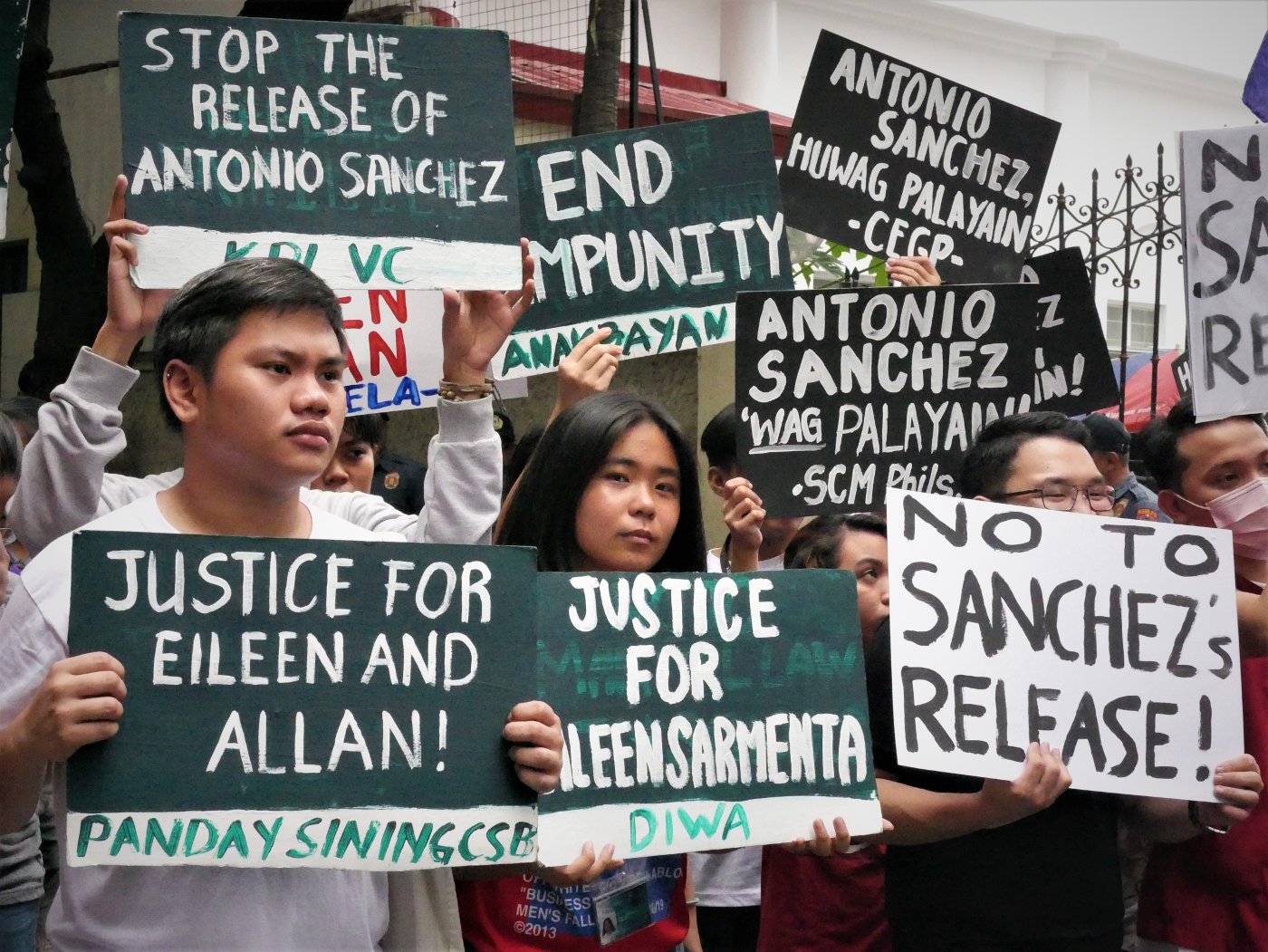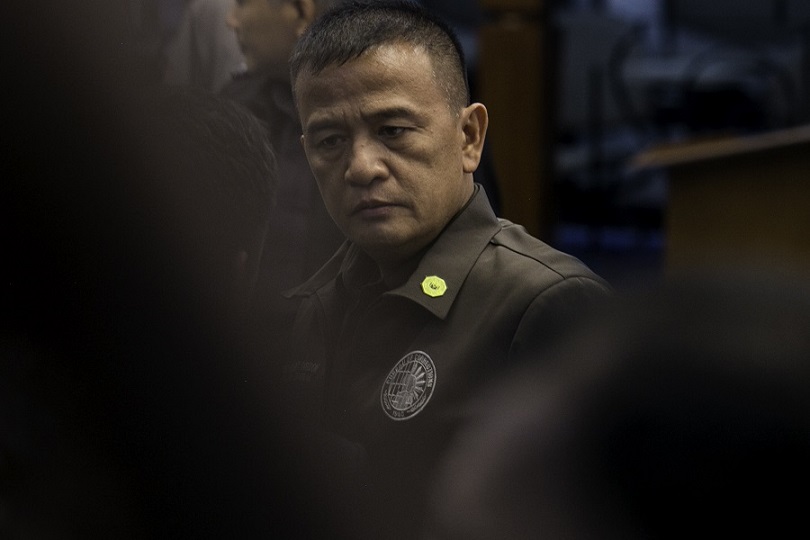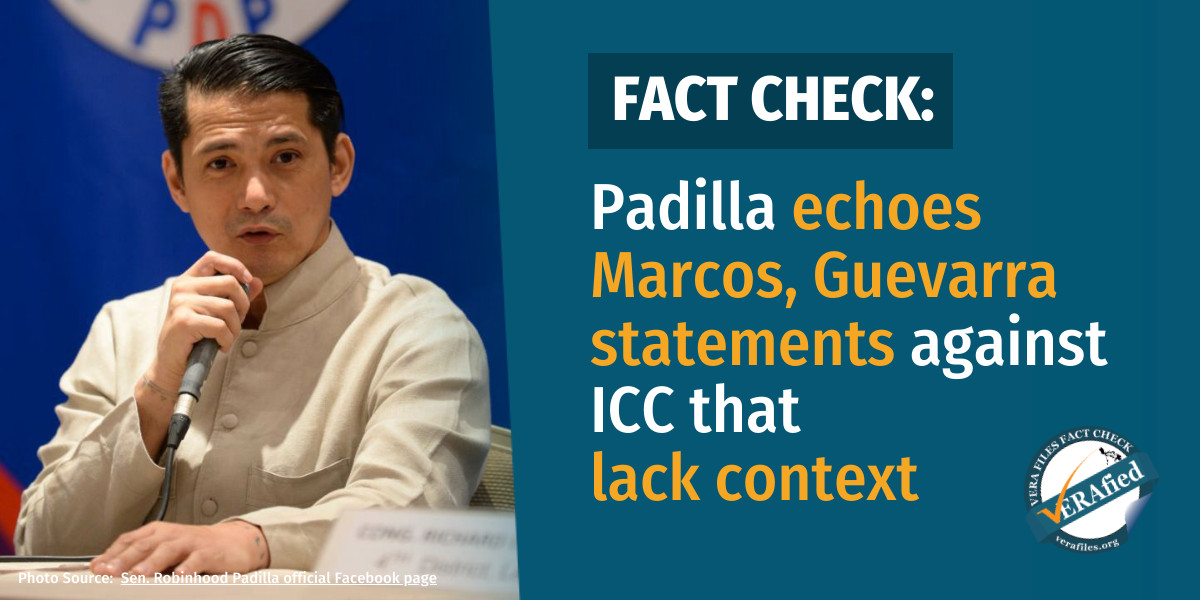I give credit to justice reporters for alerting the public about the possible release of the notorious former mayor of Calauan, Laguna, Antonio L. Sanchez, which brought back the horror and rage over the heinous crime he and his men committed to two UPLB students 24 years ago.
The outrage forced Justice Secretary Menardo Guevarra to backtrack from his lenient attitude towards Sanchez’s release which could have been made possible by an erroneous application of the Good Conduct Time Allowance law.
The controversy has imperiled a measure meant to make up for the flaws in our justice system.
Media should now take the responsibility of undoing the confusion its reporting has caused and help in making the public understand this law.
Raymund Narag, assistant professor at Southern Illinois University, posted an illuminating piece on the issue in Facebook.
He knows whereof he speaks. He said, since 2013, “I had been painstakingly and silently helping the correctional agencies on the proper implementation, documentation, and computation of the GCTA law.”
I’m reposting here, with his permission, his commentary ( Ellen Tordesillas):
The Good Conduct Time Allowance (GCTA) law is now in jeopardy.
The media continues to sensationalize the issue by repeatedly tying it to the supposed impending release of Mayor Antonio Sanchez. The media masterfully stroked public fears by repeatedly revisiting the gruesome rape and murder of two pitiful UP students. The media successfully prodded public sentiments–the Department of Justice Secretary and the Bureau of Corrections Director backtracked, and they now promised to meticulously review the case. However, the backlash is so powerful that the law is now being questioned as being soft on crime, and even if not the media’s intention, it has led to the calls for the re-imposition of the death penalty.
Media’s sensationalism was abetted by bureaucratic ineptitude. Secretary Guevarra, Director Faeldon and Spokesperson Panelo provided inaccurate and stupid answers. They were baited by the media, and they messed up bigtime. If they know the law and its implementing rules and regulations , they should have mentioned that the awarding of the Good Conduct Time Allowance (GCTA), Time Allowance for Studying, Teaching and Mentoring (TASTM), and Special Time Allowance for Loyalty (STAL) can be suspended if inmates are engaged in bad behaviors, such as drug dealing, sneaking of contrabands, and participating in prison violence. They could have mentioned that ‘heinous crimes’ may not be covered by the law. They could have mentioned that there are sufficient legal and procedural remedies to make sure that the law will not be abused by the rich and powerful, such as the creation of the Management Screening and Evaluation Committee (MSEC), which is composed of BJMP/ BuCor rehabilitation officers and Parole and Probation Officers, who will evaluate the monthly awarding of the GCTA. They could have mentioned the different ways to document actual behaviors such as strengthening case management through computerization of the Carpeta System. They could have assured the public that they are on top of the implementation of the law in an efficient and equitable manner.
They should have immediately and unequivocally ruled that Mayor Sanchez and those druglords who testified against Senator Delima are denied GCTA credits due to documented involvement in the drug trade.
Instead, these bureaucrats mumbled incoherent opinions that shows ignorance of the law. In different accounts, they said that this law was passed by the previous administration and that they are simply implementing its provisions, thus lamely deflecting blame. They also incorrectly argued that the law ‘automatically’ benefits everyone without consideration of the gravity of the offense and their actual performance in jail or prison, suggesting that it is not their discretionary power to release or detain, a very meek excuse on how they will professionally exercise authority. Worse, they utilize a humanitarian narrative, that this law is for a ‘second chance’ for all offenders, which is a very hypocritical stance given the current administration’s bent of putting small time drug offenders behind bars and killing those who resist arrests. All the legal gobbledygook spinned by these inept bureaucrats had become cannon fodder to the devourous media which had utilized effectively these responses to mock the spirit and letter of the law. And now that they are cornered, they immediately changed tune, and are rediscovering the correct answers.
“In the end, it is the common tao who will be at the disadvantage. Instead of focusing on how the law will be implemented efficiently and equitably, the media has been enamored by gruesome examples, and this law will be soon scrapped or will have limited application. The jail and prison officials will be very afraid to exercise their professional discretion to release a reformed offender simply because of the horrendous backlash that they will face from the unenlightened media and the public
The issue has become a politically confusing mess: the media sensationalism ignited concerns that heinous criminals will soon be out there tormenting the Philippine society, thus even erstwhile liberals (those who oppose the death penalty) are unexpectedly calling for a more hardened approach to crime. On the other hand, these sentiments are now appropriated by conservatives to justify calls for the continued use of Extra Judicial Killings and the legal re-imposition of the death penalty. This penal populism is wrecking both sides of the political spectrum.
What is missing in all the discussions is the efforts of nameless offenders given long term sentences and defendants caught in the lengthy trial processes who are simply trying to reform themselves and to improve their chances upon release by utilizing the provisions of the law. The efforts of the rank and file in the BJMP, provincial jails, and BuCor to develop and implement the principles of effective correctional management by identifying the criminogenic risks of the offenders and addressing those risks, which is congruent to the rational of the GCTA law, will soon be thrown under the bus.”
Media sensationalism and inept bureaucrats are a lethal combination that disadvantages the common tao. It is time that responsible media practitioners and enlightened bureaucrats shine light in the Philippine society.



